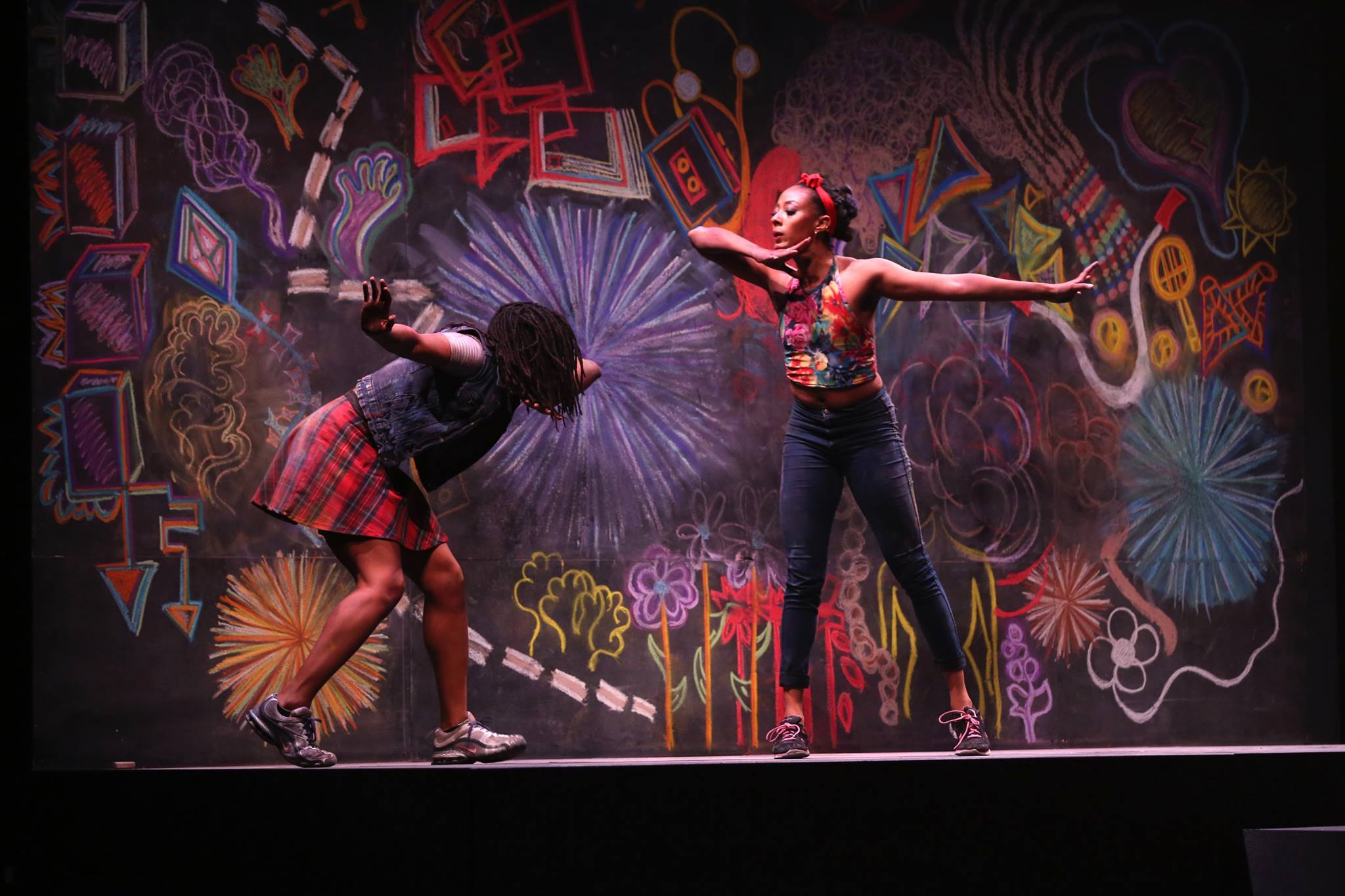Camille A. Brown and her 12-year-old Camille A. Brown & Dancers differs from other contemporary dance companies that have swept through Dallas under the aegis of TITAS Presents. Brown’s racial-identity and positive, black empowerment undertones are different from, say Alvin Ailey or Dallas Black Dance Theatre. Hip-hop-inspired, she eschews classical dance tradition to mine the vocabulary of something at once social, personal, and political, and I think it’s a bold way for TITAS to begin this season. If there’s a message to be heard, they’re making sure we hear it.
As an artist, Brown, who choreographed the recent Tony Award-winning Broadway revival of Once on This Island and performances of Jesus Christ Superstar, has won awards that range from a Jacob’s Pillow Dance Award to a Guggenheim Fellowship and Doris Duke Artist Award. Her TED talk, A Visual History of Social Dance in 25 Moves, was chosen among 2016 TED notable talks. As she explores the complexity of carving out a positive identity, she gets up close and personal with race, culture, and gender.
A single, evening-length work, BLACK GIRL: Linguistic Play (2015), will be performed tonight and tomorrow at the Winspear. The piece, which earned a Bessie Award in 2016, holds a mirror up to culture and to ourselves. Who are we? Who do we fashion ourselves to be? In what ways does that fashioning happen? It asks these questions from and through a modern black female perspective.
An eclectic magpie of a choreographer, Brown reaches for movement inflected with hip hop, African dance, ballet, modern dance, and tap, unafraid of hybrids and interested in the sensitive layerings they create, layerings that speak to the history of dance as a socially constructed and inherited medium, just as identity is.
In BLACK GIRL: Linguistic Play, Brown mines specific sources, the school-yard games, and games played with jump ropes in backyards and parks—Double Dutch, Red Rover—to help articulate the search to capture something innocent, lost, undervalued, overlooked: “Black girls as just that, girls,” she writes.
The dancers, that include Brown herself, most notably in a duet that opens piece, move to a bold sonic weave of original music and body percussion. Clapping and stomping on a multi-level stage with platforms, they state their place through patterned and idiosyncratic expression, wearing plaid skirts that sometimes brush against a set-piece chalkboard that’s a riot of drawn shapes.
The question: “What are the dimensions of Black girl joy that cannot be boxed into a smile or a grimace, but demonstrated in a head tilt, lip smack, hand gesture, and more?” Brown asks in the program notes that accompany the piece. “As we mature, Black girls still play.”
Brown talks of sisterhood. “This work is a gift to myself and Black girls everywhere,” she writes. But the work is also a mirror for anyone. We all play. We all have games. And narratives to which we belong. Brown raises questions that she attempts to answer through dance. And through attitude and embodiment. Answers, I suspect, that must be felt and witnessed.





